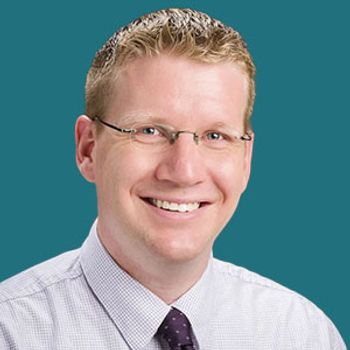
John Brandsema, MD, a pediatric neurologist in the Division of Neurology at Children’s Hospital of Philadelphia, discussed how Sarepta’s Elevidys has affected the landscape of care for DMD.

John Brandsema, MD, a pediatric neurologist in the Division of Neurology at Children’s Hospital of Philadelphia, discussed how Sarepta’s Elevidys has affected the landscape of care for DMD.

AAVB-081 is intended to address retinitis pigmentosa that results from Usher syndrome type 1B.

In honor of Usher Syndrome Awareness Day, CGTLive® interviewed Zheng-Yi Chen, DPhil, associate professor, Otolaryngology–Head and Neck Surgery, Harvard Medical School, about the current state of research in this rare disease.

Jeffrey Chamberlain, PhD, McCaw Endowed Chair of Muscular Dystrophy at University of Washington, shared his outlook on the trajectory of research in the field.
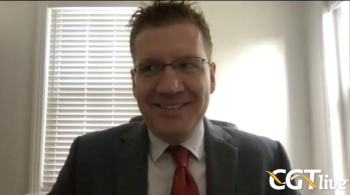
The pediatric neurologist in the Division of Neurology at Children’s Hospital of Philadelphia discussed several still-investigational drugs and therapies for DMD.

The product is currently being evaluated in a phase 1/1b clinical trial.

The single-arm trial enrolled 12 male patients in total across the United States and European Union.

Catch up on the latest news, breakthroughs, and announcements from biotechnology companies making advancements in cell and gene therapies.
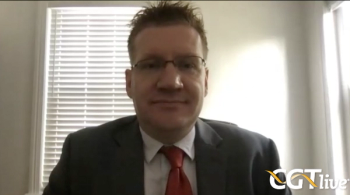
The pediatric neurologist in the Division of Neurology at Children’s Hospital of Philadelphia discussed the complicated choice doctors, patients, and families now face with a wide range of treatment options available.

Jeffrey Chamberlain, PhD, McCaw Endowed Chair of Muscular Dystrophy at University of Washington, highlighted studies presented at MDA's 2024 conference.
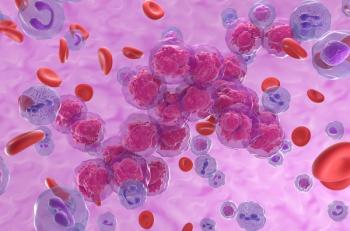
VNX-101 is intended to transduce cells of the liver, causing them to express a transgene coding for a bispecific T-cell engager.

The company made the decision to axe the program in light of newly reported topline results from the clinical study.

Jeffrey Chamberlain, PhD, McCaw Endowed Chair of Muscular Dystrophy at University of Washington, discussed his research career with muscular dystrophies.
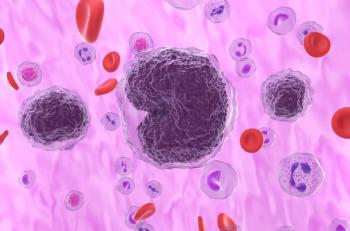
The company also discontinued its other clinical programs as well, which included small molecule and monoclonal antibody modalities.

Kevin Campbell, PhD, a Howard Hughes Investigator at the University of Iowa, discussed his mouse model research into the pathophysiology of muscular dystrophy and how it relates to gene therapy approaches.
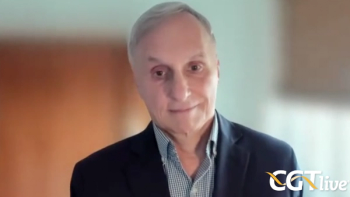
The chief medical advisor of Muscular Dystrophy Association (MDA) gave his view on treatment decision-making in the world of new options for DMD.
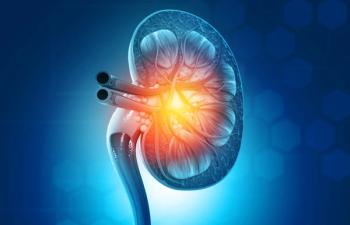
The company also reported that it is discontinuing the phase 3 REGEN-016 (PROACT 2) clinical trial evaluating rilparencel in Spain.
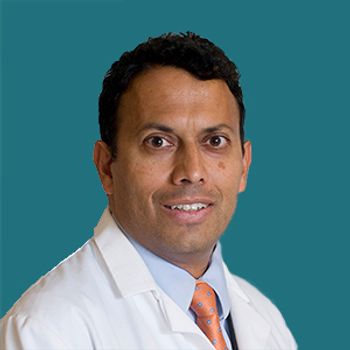
The gene therapy is currently being evaluated in the phase 1/2 CANaspire clinical trial.

Catch up on the latest news, breakthroughs, and announcements from biotechnology companies making advancements in cell and gene therapies.

Xandra Breakefield, PhD, an investigator of neurology at Mass General Research Institute, discussed research from her grad student, Lisa Nieland, presented at the ASGCT 2024 meeting.
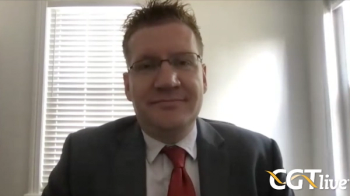
The pediatric neurologist in the Division of Neurology at Children’s Hospital of Philadelphia discussed how Sarepta’s Elevidys has affected the landscape of care for DMD.

The cell therapy, originally developed by Precision BioSciences, is being evaluated for LBCL by Imugene.
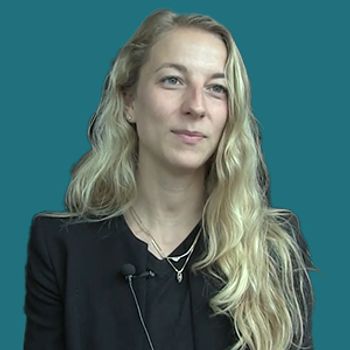
Lisa Nieland, a PhD candidate from Lieden University Medical Center and Breakefield Lab at Mass Gen, discussed her work presented at the ASGCT 2024 meeting.
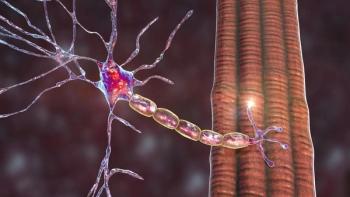
In honor of World Duchenne Awareness Day, held September 7, several experts have provided their insights on the real-world experience of gene therapy’s use in Duchenne muscular dystrophy.

Miloš Miljković, MD, the chief medical officer of Cartesian Therapeutics, discussed data presented at ASGCT 2024 from a phase 2a study.
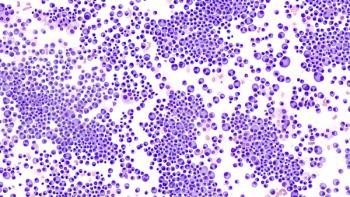
Pending the results of the trial, Cartesian plans to eventually evaluate Descartes-15 for the treatment of autoimmune diseases.

The data come from the pivotal part B cohort of the phase 2/3 DEVOTE clinical trial.
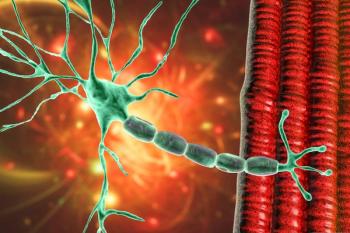
Notably, the therapy previously received rare pediatric disease designation from the FDA in July 2024.

Catch up on the latest news, breakthroughs, and announcements from biotechnology companies making advancements in cell and gene therapies.
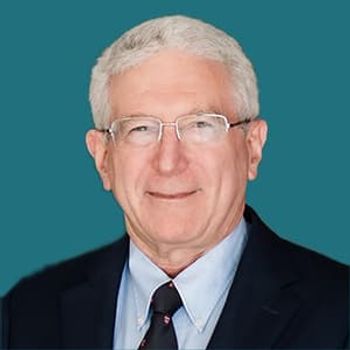
Among patients who received the pivotal dose level, a median reduction of 85% in HS D2S6 levels was seen in the CSF.